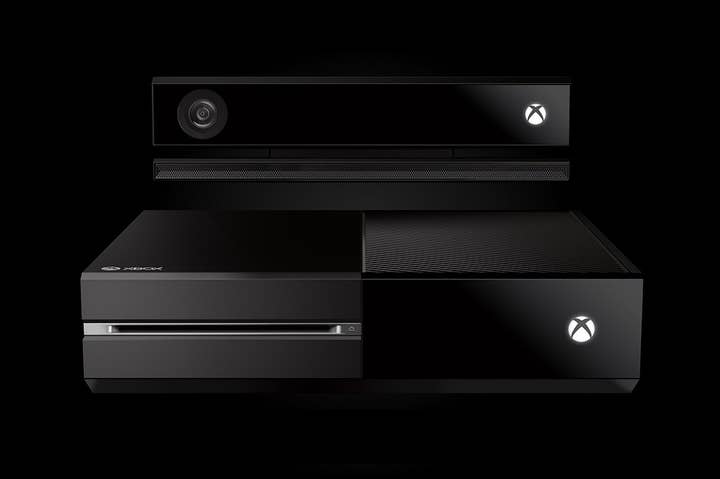Microsoft shoots down report of Kinect-based ad targeting
Xbox One maker working on multiple fronts to counter idea that camera will be used to gather marketing data
Thanks in part to a number of policy changes, there's no shortage of misconceptions floating around about the Xbox One. While the company hasn't always been aggressive about correcting them, one exception to that seems to be misconceptions about consumer privacy.
Over the weekend, Ad Age reported on an appearance by Microsoft corporate VP of marketing and strategy Yusuf Mehdi at the Association of National Advertisers Masters of Marketing Conference in Phoenix. The story likened Xbox One to a "TV that watches you," suggesting the Kinect camera could be used to gather data about users, including how they react to ads on TV.
"It's early days, but we're starting to put that together in more of a unifying way, and hopefully at some point we can start to offer that to advertisers broadly," Mehdi was quoted as saying in the original report.
In response, Microsoft denied the report to All Things D, saying the quote was referring not to Kinect but to the connection between the Xbox One and Microsoft's SmartGlass mobile app. So much like developers can create a game that runs on the console and interacts with SmartGlass, advertisers might be able to connect their efforts between the two platforms.
Ad Age has since included Microsoft's clarification to the story, but added that marketers in the audience had also interpreted the remark to mean information harvested by the console could be used for market research.
"Microsoft does not have plans to target ads or content based on any data Kinect collects," the company told Ad Age, "and we will not in the future unless someone chooses to allow us to do so. Even then, we would give them a clear explanation of what is collected and how it will be used."
Microsoft is also using other channels to address privacy concerns. Xbox Live director of programming Larry "Major Nelson" Hryb put the word out on Twitter, saying the Ad Age story was in need of correction and adding, "We do not collect information to share or sell. You are fully in control of your personal data. Your privacy is important to us."
Last week, the company's director of product planning Albert Panello took to the NeoGAF message boards to clarify Microsoft's plans for Xbox One advertising. Panello acknowledged concerns that the Kinect could be used to identify users' engagement for the purposes of targeting ads. Panello said nobody in the company is working on that, and if such functionality were to ever be introduced, users would have control over it.
"We take a lot of heat around stuff we've done and I can roll with it," Panello said. "Some of it is deserved. But preventing Kinect from being used inappropriately is something the team takes very seriously."
This is not the first time privacy issues have arisen with regard to Xbox One and Kinect. Microsoft had originally said that the Kinect camera was required for the Xbox One to work, but after some voiced privacy concerns, the company said users would be allowed to disable Kinect functionality.

